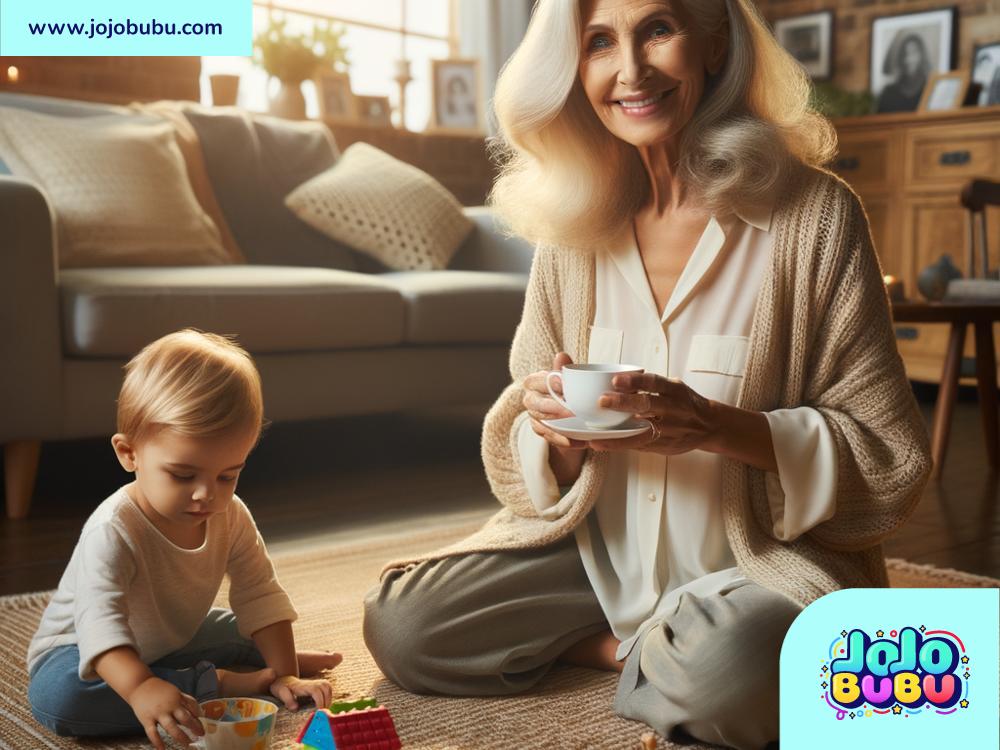Talking About Aging Honestly: Embracing a Natural Part of Life
Aging is as natural as the rising and setting of the sun. It’s something every one of us experiences, yet it doesn’t always get the attention it deserves in conversations. For many, it can feel uncomfortable to talk openly about growing older, but doing so can help us face the realities of aging with clarity, acceptance, and even joy. Let’s explore why it’s important to talk about aging honestly—and how we can shift the narrative to embrace this stage of life without fear or shame.
Why Is Aging Hard to Talk About?
In many societies, aging is often seen as something to avoid or even fear. This mindset is fueled by a culture obsessed with youthfulness. Everywhere we look, there are ads for wrinkle creams, anti-aging products, and procedures that promise to make us look younger. While there’s nothing wrong with wanting to feel confident in your appearance, the focus on staying "young" can lead to the idea that aging is a problem or something undesirable.
This perception makes it harder for some people to talk openly about aging. Many worry about losing their independence, their physical abilities, or even their relevance. Others may feel hesitant to discuss how aging has changed their bodies or minds because they fear judgment. This silence can make aging feel lonely and isolating, especially when we don’t hear or share the honest stories of what growing older is really like.
But here’s the truth: aging is not a problem to solve. It’s simply part of the human experience. And when we talk about it openly, it can help us reframe our perspectives and strip away unnecessary fears.
The Benefits of Honest Conversations About Aging
Speaking honestly about aging has many benefits. For one, it allows us to address challenges head-on. There’s no denying that aging comes with difficulties like health issues, changes in energy levels, and other adjustments. Talking about these experiences can be comforting and validating for those who are struggling. When we share openly, we remind each other that we’re not alone in facing these challenges.
Honest conversations about aging also create a space for more positive aspects of growing older. Many older adults report that aging brings wisdom, freedom, and a better understanding of what truly matters in life. When we focus only on the downsides of aging, we miss out on celebrating these beautiful aspects.
Additionally, discussing aging can help younger generations prepare for their future. By learning from their elders and hearing about their experiences, they can approach aging with more knowledge, confidence, and understanding.
Shifting the Narrative: Aging As a Natural Process
If we want to talk about aging honestly, we need to approach the subject with a sense of balance. It’s okay to acknowledge the difficulties, but we shouldn’t stop there. Aging is not just about decline—it’s also about growth, transformation, and the continuation of life’s journey. It’s an opportunity to redefine who you are, what matters to you, and how you want to leave your mark on the world.
For example, instead of focusing on “losing youth,” we can celebrate what aging brings, like the chance to slow down, reflect, and enjoy deeper connections with people and experiences. We can also recognize that growing older often means gaining a lifetime’s worth of knowledge and skills that can be shared with others.
One way to shift the narrative is by rejecting stigmas around aging. For instance, it’s important to combat stereotypes that portray older adults as less capable or valuable. Aging doesn’t make someone irrelevant or unimportant—it just makes them experienced in different ways. Elders are rich sources of stories, advice, and humanity, and they deserve respect and admiration.
Practical Tips for Talking About Aging
If starting conversations about aging feels intimidating, here are a few practical tips that might help:
-
Be Curious and Open: Ask older friends or family members about their experiences without judging or assuming. Listen fully and acknowledge their feelings.
-
Share Your Own Thoughts: Aging isn’t just an older person’s issue; it's something for all of us to consider. No matter your age, share what you think about growing older—whether it’s hopes, fears, or questions.
-
Use Positive Language: Words matter. Avoid terms like “over the hill” or “past their prime,” which reinforce negative stereotypes about aging. Instead, focus on terms that value the journey of growing older.
-
Educate Yourself: Learn about the realities of aging, from physical changes to emotional adjustments. Understanding makes this topic less scary.
-
Celebrate Aging: Normalize celebrating milestones that come with age, like retirement, wisdom, or personal achievements.
Speaking honestly about aging starts with embracing it as a universal and natural part of life. By sharing openly, we can help build a world where growing older is not feared but appreciated. When we let go of cultural myths about youth being the “peak” of life, we free ourselves to fully enjoy and celebrate every stage of the aging process.
Final Thoughts
Aging honestly means stripping away the fear and shame surrounding this natural process and embracing it for what it is: a continuation of life. By being open and vulnerable in our conversations, we can create a culture where people feel empowered at every age. Let’s move away from the idea that aging is something to dread and instead focus on the richness, wisdom, and beauty it brings. A life well-lived includes growing older—and that’s something worth talking about.

